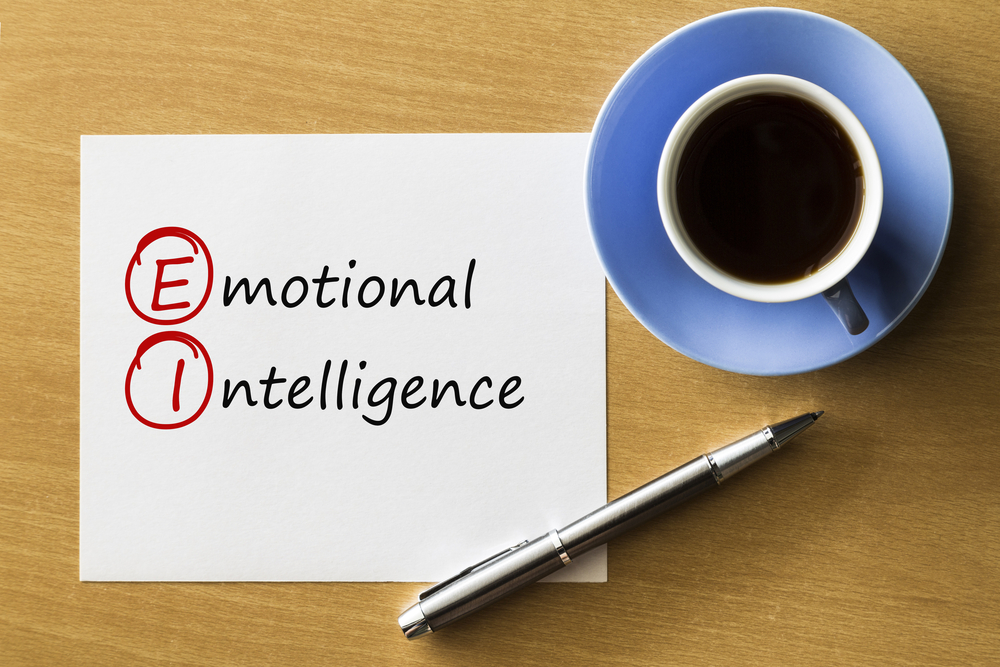
Unlocking the Power of Emotional Intelligence: The Real Game-Changer in a World Obsessed with AI
While the world focuses on Artificial Intelligence (AI), Emotional Intelligence (EI) is the real game-changer. We might use robots to create a better world someday, but let’s not become them in the process.
Emotional Intelligence refers to recognizing, understanding, managing, and utilizing emotions effectively in ourselves and others. It comprises four primary components: self-awareness, self-management, social awareness, and relationship management.
Understanding Emotional Intelligence
Self-awareness involves recognizing and understanding our own emotions and how they impact our thoughts and behavior. Self-management refers to our ability to control impulsive feelings and behaviors, manage our emotions in healthy ways, and take the initiative.
Social awareness or empathy is our ability to understand other people’s emotions, needs, and concerns. Finally, relationship management involves our ability to develop and maintain good relationships, communicate clearly, inspire and influence others, work well in a team, and manage conflict.
The Habits of Emotionally Intelligent People
They Are Self-Aware
Emotionally intelligent people have a keen understanding of their own emotions, thoughts, strengths, and weaknesses. This self-awareness allows them to navigate life more effectively. They have several habits that aid in this:
- Regular self-reflection: They frequently take time to consider their thoughts and emotions. They may do this through journaling, meditation, or simply sitting quietly for a few minutes each day.
- Feedback acceptance: They are open to feedback, understanding that it is an opportunity for growth rather than a personal attack.
- Recognition of strengths and weaknesses: They are honest about their capabilities and areas for improvement, enabling them to work towards betterment and manage situations effectively.
They Exhibit Empathy
Empathy is a hallmark of emotional intelligence. These individuals understand and share the feelings of others. They:
- Listen attentively: They actively listen to others, demonstrating their understanding and sympathy.
- Show genuine concern: They express authentic interest in the experiences and well-being of others.
- Respect different perspectives: They acknowledge and value the viewpoints of others, even when they disagree.
They Practice Emotional Regulation
Emotionally intelligent people know that emotions can be powerful and can regulate their emotions effectively. This does not mean suppressing feelings but rather managing them in a healthy way. They:
- Refrain from immediate reaction: They often pause before reacting, allowing themselves to process their emotions.
- Practice mindfulness: They stay present and grounded, observing their emotions without judgment.
- Use positive coping mechanisms: They engage in activities that help manage stress, such as exercise, reading, or spending time in nature.
They Are Skilled Communicators
Effective communication is a key component of emotional intelligence. These individuals:
- Express their emotions effectively: They articulate their feelings clearly and respectfully, which aids in preventing misunderstandings.
- Listen more than they speak: They understand the importance of active listening in effective communication.
- Ask probing questions: They explore the thoughts and feelings of others, demonstrating their interest and care.
They Foster Strong Relationships
People with high emotional intelligence typically have strong, healthy relationships. They:
- Show appreciation: They regularly express gratitude towards others, strengthening their bonds.
- Offer help: They are proactive in providing assistance to those around them, creating a supportive environment.
- Resolve conflicts healthily: They are able to manage disputes effectively, often leading to mutually beneficial solutions.
They Are Adaptable
Adaptability is another key trait of emotionally intelligent people. They understand that change is a part of life and are able to adjust accordingly. They:
- Embrace change: They see change as an opportunity for growth and learning rather than a threat.
- Are resilient: They bounce back from challenges and failures, using these experiences as lessons.
- Think flexibly: They are open to new ideas and perspectives, which aids them in problem-solving and decision-making.
Embracing Emotional Intelligence
In an ever-evolving world where roles and tasks are constantly changing and where automation is increasingly prevalent, the human touch of emotional intelligence is irreplaceable.
While technical skills are essential for job performance, emotional intelligence enhances those skills and allows individuals to navigate the social complexities of the world, lead and motivate others, and excel in life.
Ultimately, EI might be the most essential skill in navigating life and a crucial factor for success in an increasingly online world.
Take care, even down there.
Share this Post